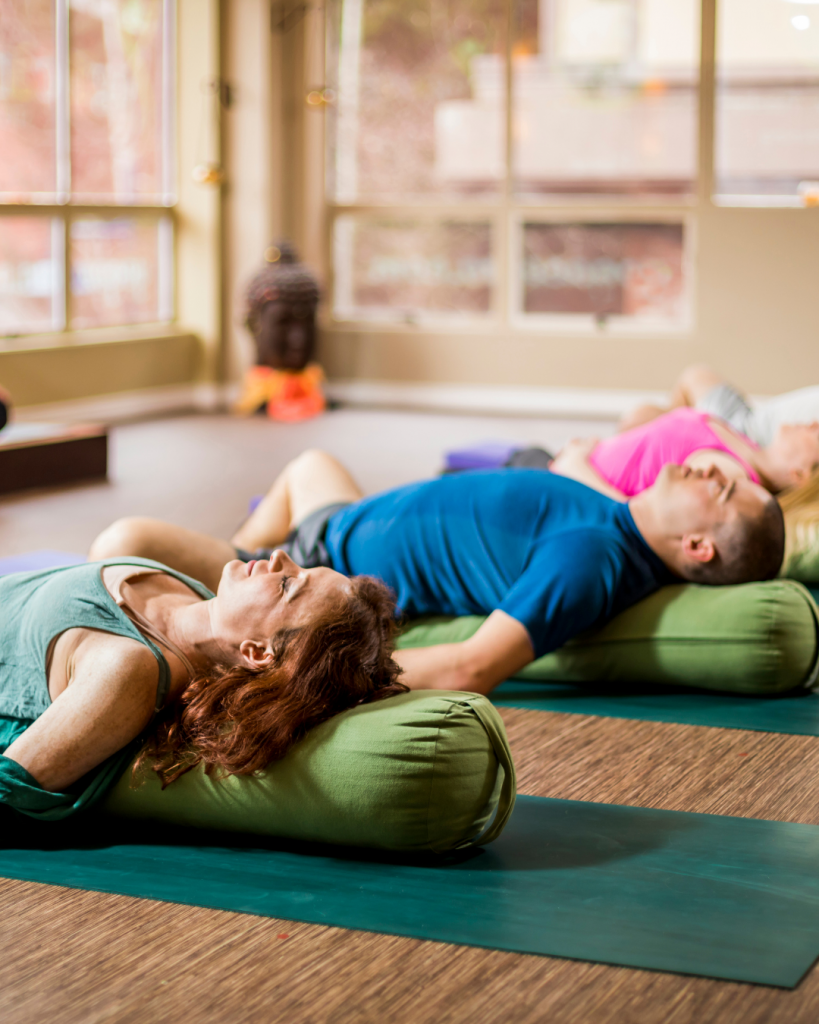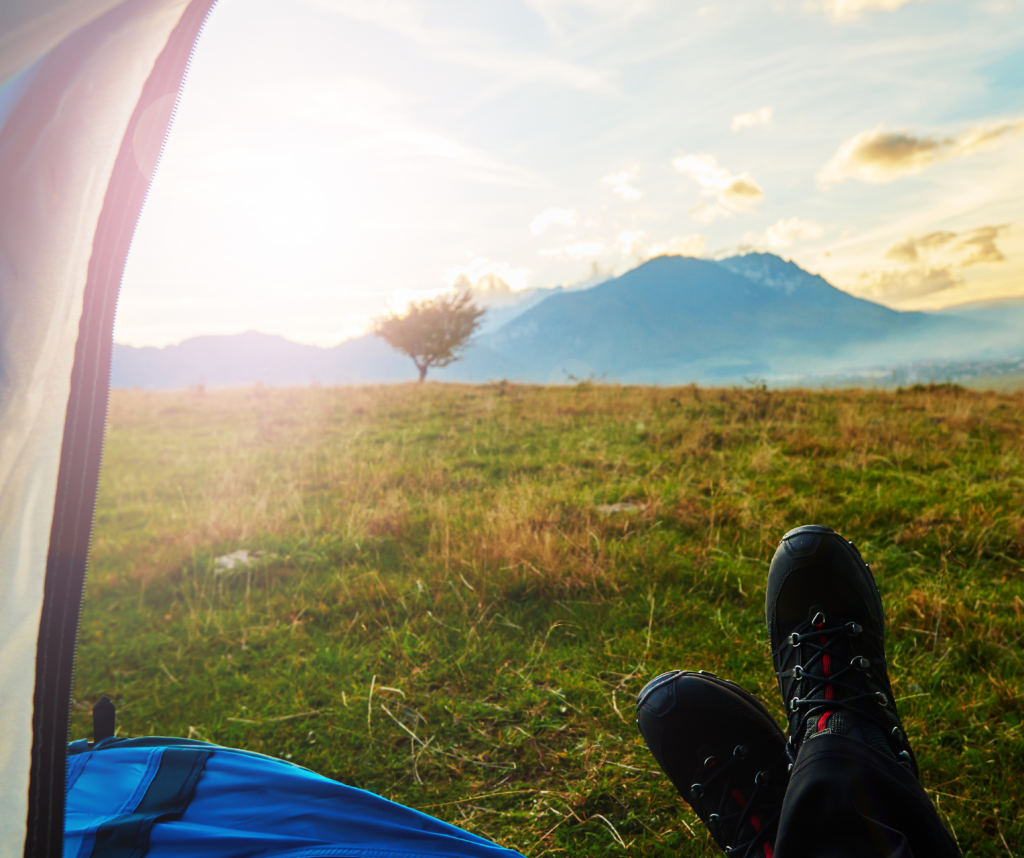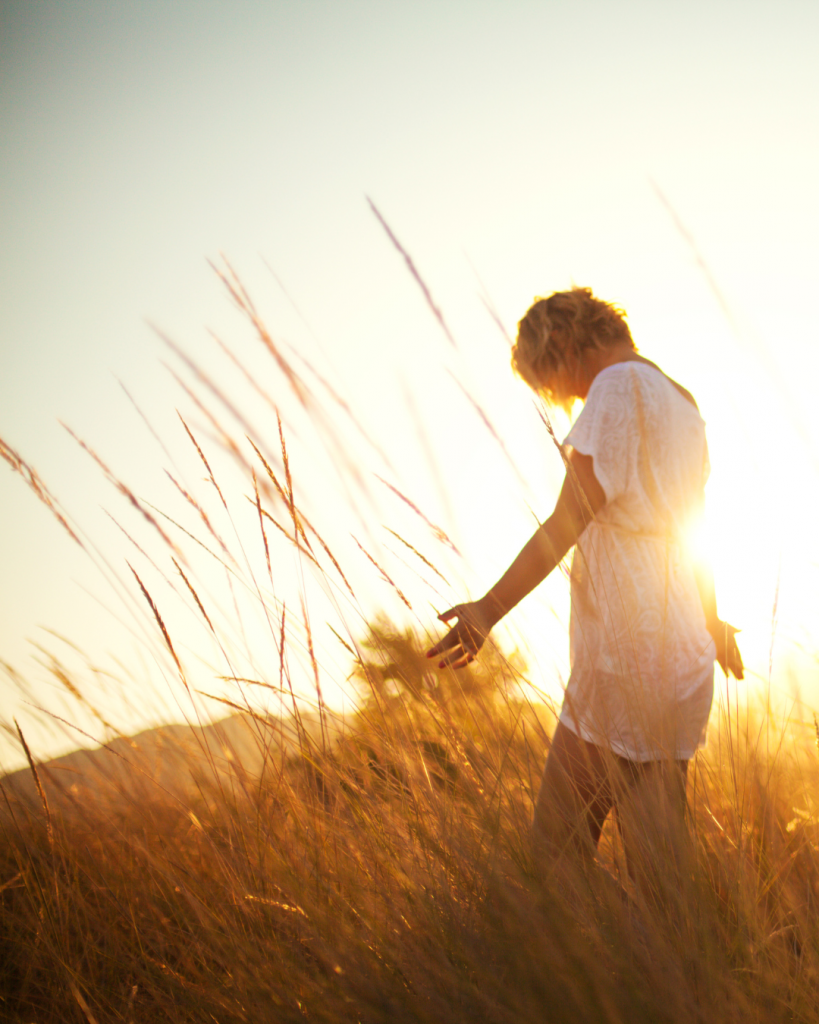Read on or listen to this post:
We keep reaching
For the next thing,
The better version,
The upgraded model –
Never noticing
That our hands
Are already full.

There’s a peculiar madness woven into the fabric of modern existence. We accumulate possessions we don’t use, subscribe to services we barely access, fill our schedules until they groan under the weight, add supplements to counteract diets that shouldn’t need supplementing, and wonder why contentment remains stubbornly out of reach. Somewhere along the evolutionary path from survival to civilisation, we developed an insatiable hunger that no amount of feeding can satisfy.
The belief that more equals better has become so deeply embedded in our cultural consciousness that questioning it feels almost heretical. More money, more fitness, more productivity, more friends, more experiences, more optimisation, more everything – surely these additions will finally deliver the happiness, health, and fulfilment we’re seeking?
Yet here we are, living in unprecedented abundance whilst rates of anxiety, depression, and stress-related illness climb year after year. We have more than any generation in human history, and yet we’re more miserable than ever. Perhaps it’s time to ask whether the problem isn’t what we’re missing, but what we refuse to let go.
The Evolutionary Trap of ‘Never Enough’
Our obsession with more isn’t weakness or greed – it’s biology doing exactly what it was designed to do, just in entirely the wrong context.
For the vast majority of human existence, scarcity was the defining feature of life. Our ancestors lived with genuine hunger as a constant companion, never knowing when the next meal would present itself. In such an environment, the individuals who survived were those driven by an insatiable urge to acquire resources whenever possible. Eat when food is available because you don’t know when you’ll eat again. Gather more berries than you need today because winter is always coming.
This adaptive trait – this relentless drive for accumulation – served our species brilliantly for millions of years. It kept us alive through ice ages and droughts, famines and migrations. Those who could override immediate satisfaction in favour of hoarding for uncertain futures left more offspring. We are all descendants of the humans who couldn’t get enough, because those who felt content with sufficiency often didn’t survive long enough to pass on their genes.
But evolution is breathtakingly slow, and culture is devastatingly fast.
In just a few generations – an evolutionary eyeblink – we’ve created a world of such abundance that the very mechanisms meant to ensure our survival now actively work against our wellbeing. The same neurological circuitry that once drove us to stockpile nuts and berries now compels us to accumulate shoes we never wear and streaming subscriptions we never watch. The reward systems that once celebrated finding a fresh water source now light up for online shopping notifications.
We’re running ancient software in a modern operating system, and the bugs are becoming lethal.


The Cultural Amplification of Biological Drives
If biology set the stage, culture has turned up the volume to deafening levels.
Every message we receive from the moment we can comprehend language reinforces the same narrative: more is better, bigger is superior, additional equals improvement. Advertising exists solely to create dissatisfaction with what we have and desire for what we lack. Social media curates endless streams of other people’s more – more holidays, more achievements, more happiness (or at least the performance thereof).
The fitness industry tells us we need more supplements, more equipment, more structured programmes, more tracking, more optimisation. I’ve been lifting weights for decades, and even I find it exhausting – the constant barrage of contradictory information about what we should eat, how we should train, what we should avoid. One day fat is the enemy, the next it’s essential. Carbohydrates will kill you until they become fuel for performance. Do more cardio, except that’s killing your gains. Lift heavier, but not too heavy. Rest more, but also work harder.
The wellness industry has become a masterclass in creating problems it can then profit from solving. We’ve engineered environments so toxic to human wellbeing that we need to purchase our way back to baseline functioning. Sleep aids because we’ve filled our homes with blue light and our minds with artificial urgency. Meditation apps because we’ve created lives so noisy we can’t find a moment of genuine quiet. Probiotics because our food has been processed beyond recognition and our stress levels have destroyed our gut health.
This isn’t accidental. It’s a feature, not a bug. The system that creates the problem profits from selling you the solution, which conveniently fails to address the root cause, ensuring you remain a customer indefinitely.
The Unconscious Accumulation of Invisible Weight
What makes this pattern particularly insidious is how unconsciously it operates. We don’t wake up one morning and decide to overwhelm ourselves with excess. It creeps in slowly, incrementally, until the weight becomes unbearable.
After my year living wild, I returned with and owned nothing but what fit in my Land Rover. The relief was intoxicating – no house to maintain, no possessions to organise, no endless decisions about what went where. I’d learned that freedom wasn’t about having more choices; it was about needing fewer decisions.
But modern life has a way of creeping back if you’re not vigilant.
Slowly, almost imperceptibly, I’ve found myself accumulating again. Not just physical objects, but the invisible emotional labour that accompanies them. More things to clean, remember, maintain, worry about. More decisions about what to keep, what needs fixing, where everything belongs. That familiar mental fatigue has started returning – the constant low-level hum of managing a complicated existence.
There’s a reason managers earn more than those who follow instructions. The cognitive load of being the planner, the organiser, the keeper of all details doesn’t clock off at five. It follows you home, where you become the project manager of your own life. This mental weight accumulates without our conscious awareness until we find ourselves inexplicably exhausted despite lives of unprecedented convenience.
Living with nothing but a rucksack taught me something crucial: the mind has extraordinary space for presence, creativity, and peace when it’s not constantly engaged in the administrative work of managing excess. When your world is simple, your thoughts can roam freely. When your needs are few, your energy goes toward living rather than maintaining the infrastructure of life.


Less as Liberation, Not Deprivation
Here’s what Feral Therapy isn’t: a prescription for asceticism, a demand that everyone abandon their homes and live in the woods, a judgement on those who enjoy comfort. I’m not suggesting we all need to spend a year in the wilderness or give up everything we own.
What I am suggesting is that we’ve been sold a lie about the relationship between accumulation and wellbeing, and that lie is making us profoundly unwell.
The work I do isn’t about adding more therapeutic interventions to already overwhelmed lives. It’s about creating space to remember what we are when the noise falls away. When participants join me for wilderness experiences, they’re not learning complex new skills or acquiring additional knowledge to add to their already overflowing mental filing cabinets. They’re learning to subtract – to shed the layers of expectation, performance, and perpetual striving that modern life has wrapped around their actual selves.
Cold water immersion doesn’t work because it adds something beneficial. It works because it forces every non-essential system to shut down temporarily, leaving only what’s truly necessary for survival. That reset – that return to baseline – often reveals how much unnecessary stress we’ve been carrying as if it were essential baggage.
Foraging isn’t therapeutic because it provides better nutrition than supermarkets (though the food is certainly more vital). It’s therapeutic because it demands complete presence. You cannot successfully identify edible plants whilst simultaneously worrying about emails or scrolling social media. The activity enforces a kind of attention that our overstimulated nervous systems desperately need but rarely receive.
Overnight wild camping strips away the infrastructure of comfort we’ve built around sleep – the perfect mattress, the controlled temperature, the absolute darkness, the white noise machine. And what most people discover isn’t that they suffer without these things, but that they sleep more deeply than they have in years. Their bodies remember how to regulate temperature, their circadian rhythms reset to natural light cycles, their nervous systems finally feel safe enough to fully rest.
Less isn’t deprivation when what you’re losing is what was harming you all along.
The Paradox of Enough
There’s a point – and it’s different for everyone – where less becomes genuinely too little. Feral Therapy isn’t about romanticising poverty or pretending that struggling to meet basic needs somehow builds character. There is nothing noble about genuine scarcity.
The point isn’t to have nothing. It’s to discover the sweet spot where you have enough, and then courageously defend that sufficiency against a culture that will endlessly insist it isn’t adequate.
Enough looks different for each person, shaped by genuine needs rather than culturally manufactured wants. For me, enough means the ability to live in my Land Rover when I choose, to lead wilderness experiences without being tethered to possessions I rarely use, to earn less but need less and live infinitely richer as a result.
For you, enough might look entirely different, and that’s precisely as it should be. The question isn’t “what does Ffion think I should own?” but rather “what actually serves my life, and what am I maintaining out of habit, fear, or cultural expectation?”
This is where self-awareness becomes crucial. Without it, we cannot distinguish between genuine needs and conditioned desires, between what actually nourishes us and what we’ve been taught should satisfy us. The lack of this awareness – this inability to know our own minds beneath the layers of social conditioning – might be the most dangerous shortage of all.


The Revolutionary Act of Refusal
In a culture built on the premise that more equals better, the simple act of saying “this is enough” becomes genuinely radical.
It’s political to choose sufficiency in an economy that requires perpetual growth. It’s revolutionary to find contentment in an environment designed to generate endless dissatisfaction. It’s subversive to trust that you already possess what you need to be well.
This is the heart of what Feral Therapy offers – not a prescription for how you should live, but an invitation to remember that you are more capable, more resilient, and more complete than any system has told you. That peace isn’t something you purchase or achieve through accumulation, but something you uncover when you finally stop adding to the pile.
The wild places I take people don’t provide anything except space – space from judgement, from expectation, from the endless noise of modern existence. And in that space, something extraordinary happens. People remember who they are beneath all the conditioning. They discover that their bodies know how to move without structured programmes, that their minds can rest without apps, that their spirits can find peace without purchasing anything at all.
We’ve made ourselves sick with too much comfort, too many expectations, and too little reality. The solution isn’t to add more – more therapy, more optimisation, more interventions. It’s to finally, courageously, begin subtracting until we rediscover the human underneath.
Because the freedom we’re seeking isn’t found in having more. It’s found in finally, peacefully, needing less.
Sometimes the most radical thing you can do is simply be satisfied.

No responses yet